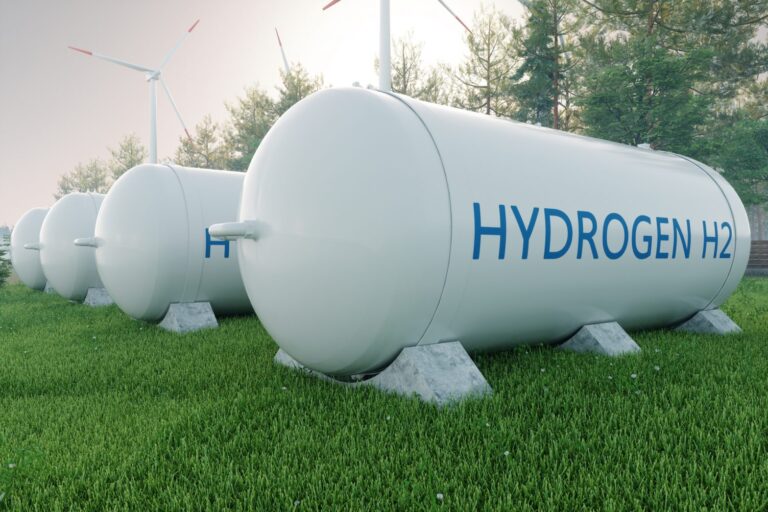Sarawak, Malaysia, is poised to emerge as a center for clean hydrogen energy following a substantial investment of RM16.3 billion into a network of power-to-transport projects. Backed by its abundant natural resources of rainforests and rivers, Sarawak has the capacity to harness hydropower for generating clean electricity essential for producing emissions-free hydrogen.
Premier Tan Sri Abang Johari Openg acknowledged the high-risk nature of the endeavor but emphasized its necessity, stating, “It is a risk, but it is a calculated risk. There is no other option, we need alternative energy, and hydrogen, ultimately, is the cleanest.”
Already, Sarawak showcases its commitment by leading initiatives such as operating three fuel-cell buses powered by hydrogen bays in the city and incorporating Toyota’s Mirai, the world’s first mass-produced hydrogen fuel-cell vehicle, into the state government’s fleet.
Despite the high costs and energy demands associated with green energy production, Sarawak Economic Development Corporation’s subsidiary SEDC Energy’s CEO, Robert Hardin, underscores the region’s advantage of unfettered hydropower, highlighting the absence of intermittent supply issues.
Expanding its hydrogen initiatives, Sarawak plans to introduce hydrogen-powered waste collection trucks and medium-sized boats, catering to rural commuting needs. Notably, the Autonomous Rapid Transit (ART), an autonomous hydrogen-fuel tram line projected to cost RM5.59 billion, is slated to commence operations as early as next year, representing a significant milestone in Sarawak’s clean energy journey.
Partnerships with major energy companies from South Korea and Japan underscore Sarawak’s global collaboration efforts. Two hydrogen plants, H2ornbill and H2biscus, set to commence commercial production by 2028, aim to collectively produce 240,000 tons of hydrogen annually. These plants will focus on converting hydrogen into methylcyclohexane and ammonia for export to Japan and South Korea, respectively.
Moreover, Malaysian-produced hydrogen is anticipated to be the most cost-effective among Southeast Asian countries by 2035, offering a competitive advantage in the global market.
Prime Minister Datuk Seri Anwar Ibrahim reaffirmed Sarawak’s pivotal role in Southeast Asia’s renewable energy landscape, highlighting its leadership in the green economy. With plans underway to supply green energy to Singapore and Peninsular Malaysia via undersea submarine cables, Sarawak is poised to solidify its position as a major renewable energy hub in the region.

